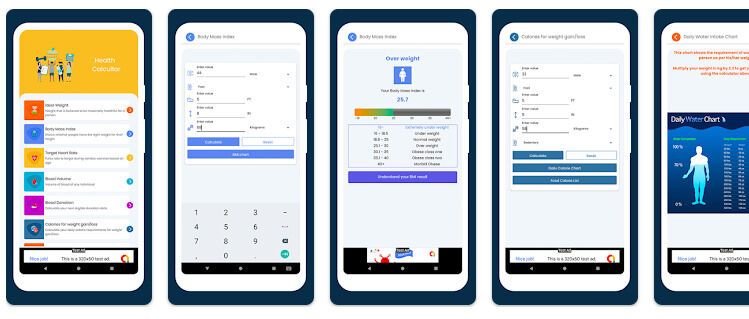Mouth taping, a health trend that caught the internet’s attention last year, is yet another unusual adaptation of modern lifestyle aimed at improving sleep quality. Essentially, it’s a means of forcing ourselves to breathe through the nose during sleep, which some experts say is more beneficial for our overall health.
But what exactly is mouth taping and why would someone consider doing it? Fundamentally, mouth taping is the process of sealing one’s mouth shut during the night using a special skin-safe tape. The idea is to encourage the wearer to inhale and exhale through their noses, an inherently healthier method of breathing, according to medical professionals. This is due to the production of nitric oxide, a crucial compound for our circulatory system, when we breathe through our noses.
According to Dr. Rajkumar Dasgupta, a pulmonary and sleep specialist, nitric oxide dilates your blood vessels, aiding in the prevention of hypertension and the improvement of circulation, both key to mitigating risks of stroke and heart disease. Other potential benefits of nasal breathing include alleviating anxiety, lowering blood pressure, preventing the drying out of sinuses, filtering allergens, and promoting better breath and oral health.
While the thought of having your mouth taped might seem unsettling, rest assured it’s not as claustrophobic as it sounds. The tape used does not fully seal the mouth, it simply promotes the mouth to stay closed. Also, habitual mouth breathing can have adverse long-term effects, including wear and fractures on teeth, cavities, and higher levels of gingivitis and halitosis.
Regardless of the growing popularity of mouth taping and the anecdotal success stories, it’s necessary to acknowledge the lack of comprehensive clinical research on its effectiveness for better sleep. Two smaller studies conducted in 2015 and 2009 yielded different results, but both contained too few participants to draw significant conclusions.
As mouth taping methodology is relatively new, it should be practised with caution, especially for those suffering from nasal blockages or a deviated septum. It’s advisable to consult a medical professional prior to initiating this nighttime routine. Moreover, using a skin-safe tape specifically designed for this purpose, such as Somnifix Mouth Strips or Sefudun Mouth Tape, reduces the risks of skin irritation.
Lastly, if your primary goal in considering mouth taping is to combat snoring, it’s crucial to identify whether this could be a symptom of a potentially serious health condition, such as obstructive sleep apnea. Masking such a symptom with mouth taping, instead of treating the root cause, is not a sensible solution.
Most importantly, while mouth taping may work for some people to enhance their sleep quality, it’s not an immediate solution and won’t necessarily sort out all sleep issues. It could take around four to six weeks of consistent practice to train your body to breathe through the nose without the aid of tape.
Having a healthy nighttime routine and maintaining good sleep hygiene are fundamental to a good night’s sleep. Turning off mobile devices and television half an hour before bedtime, maintaining a stable sleeping schedule, and ensuring a sleep-friendly environment in your bedroom can be really effective.
In conclusion, while mouth taping may be beneficial for some, it should not be practiced without some careful consideration and professional medical advice. As with any other health trend, what works for some might not work for others, and it’s crucial to factor in one’s own individual health needs and context.




